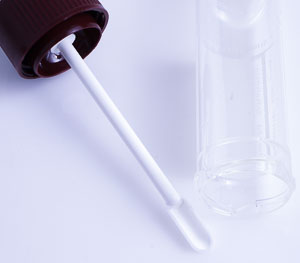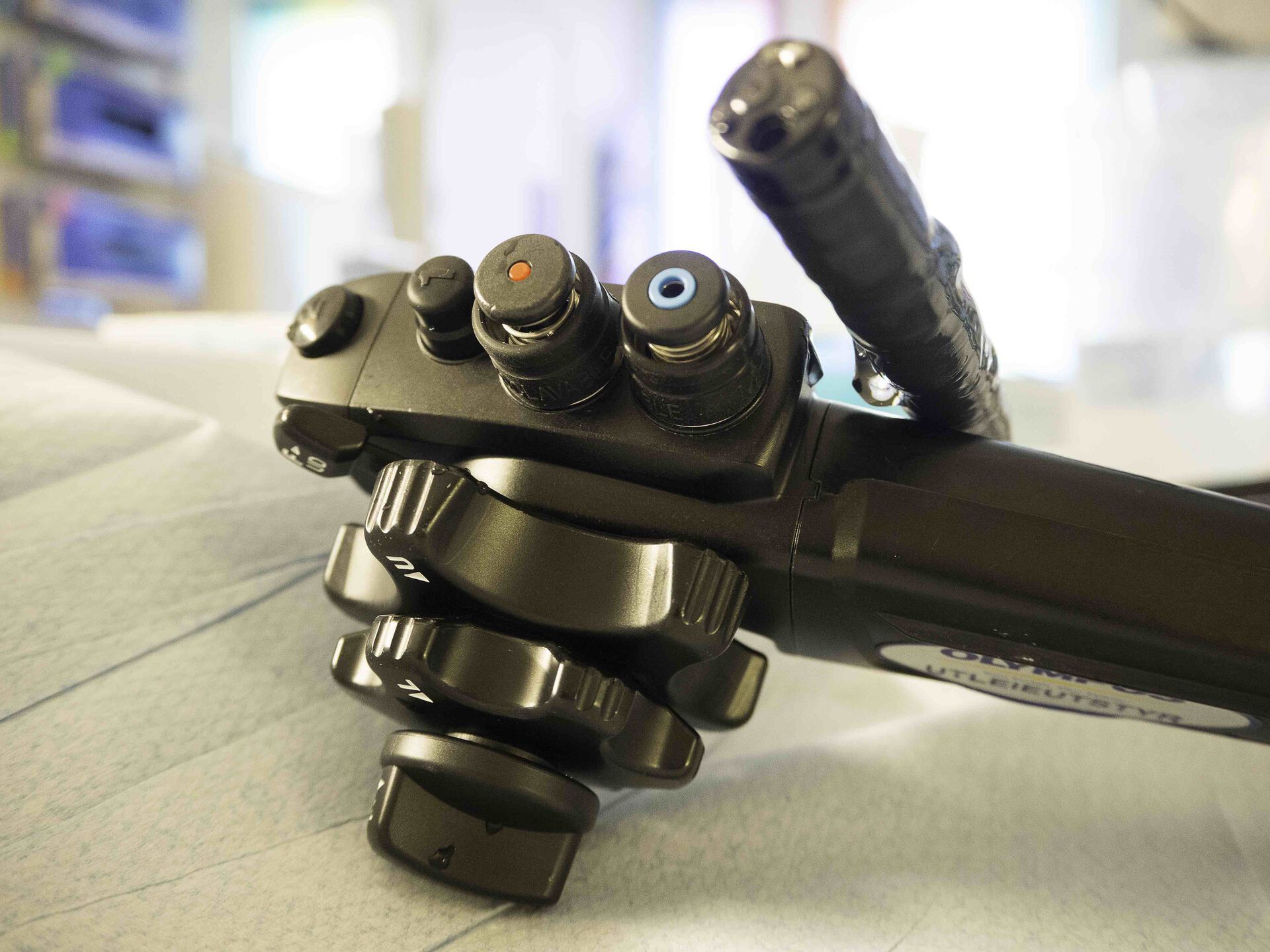On request from the Norwegian Directorate for Health, The Knowledge Centre at the Norwegian Institute of Public Health has prepared a summary of the current evidence base regarding health effects of this type of screening. Authors are Atle Fretheim, Liv Merete Reinar (both from The Knowledge Centre) and professor Michael Bretthauer (Clinical Effectiveness Group/University of Oslo). Members of the Clinical Effectiveness Group have contributed in the summary with several research papers and clinical trials.
Recommends screening
In addition to the report containing a summary of the current evidence, a workgroup has been assigned to investigate the consequences of a national screening program, including methods, patient safety, colorectal cancer prevention and benefits and harms of such a program. The group leader is Thomas de Lange, and he recently announced that the workgroup has decided to recommend a national screening program for colorectal cancer in Norway.
– We recommend a national screening program because it may reduce the cancer burden, both for the individual and the society. To prevent colorectal cancer is more cost effective than to treat it, says de Lange to Dagens Medisin (Norwegian).
Three screening methods


Several methods are in use as screening tools for colorectal cancer. The research summary is limited to the most commonly used methods: Colonoscopy (flexible tube with camera used to investigate the full colon), sigmoidoscopy (flexible tube with camera to investigate the lower half of the colon) and fecal occult blood test (either guiac‐based, gFOBT, or with immunological detection of humane blood, iFOBT). The workgroup recommends that all three methods should be included in the recommended screening program. Including all of the most common methods is believed to generate research evidence on which screening methods are the most effective.
Research evidence
One of the key research papers used in the evidence summary, is the NordICC study (The Nordic-European Initiative on Colorectal Cancer), an ongoing multicentre, randomised trial in the Nordic countries, the Netherlands and Poland. The NordICC study is the first ever randomised controlled trial on colorectal cancer (CRC) screening with colonoscopy. Findings from the NordICC-study was published in JAMA Internal Medicine in May. The trial is headed by professor Michael Bretthauer, and several members from the Clinical Effectiveness Group (Michal F. Kaminski, Magnus Løberg, Miguel A. Hernán, Mette Kalager, Kjetil Garborg, Geir Hoff, Hans-Olov Adami) have contributed to author the paper.
Other key research papers from the Clinical Effectiveness Group used in the evidence summary are:
- Øyvind Holme et al: Effect of flexible sigmoidoscopy screening on colorectal cancer incidence and mortality: a randomized clinical trial. JAMA, 2014.
- Øyvind Holme et al: Flexible sigmoidoscopy versus faecal occult blood testing for colorectal cancer screening in asymptomatic individuals. Cochrane Database Syst Rev, 2013.
- Louise H. Emilsson et al: Aspirin Versus Screening for Colorectal Cancer Prevention: Comparative Effectiveness Network Meta‐Analysis, in DDW 2016.
- Paula Berstad et al: Long‐term lifestyle changes after colorectal cancer screening: randomised controlled trial. Gut, 2015.
- Kjetil Garborg et al: Current status of screening for colorectal cancer. Ann Oncol, 2013.
Based on the evidence summary report, recommendations from the workgroup and cost effectiveness estimates, the Norwegian Directorate of Health will give their recommendations to The Ministry of Health and Care Services (HOD) this fall.
Professor Michael Bretthauer is also Principal Investigator (PI) in The K.G. Jebsen Colorectal Cancer Research Centre in Oslo.